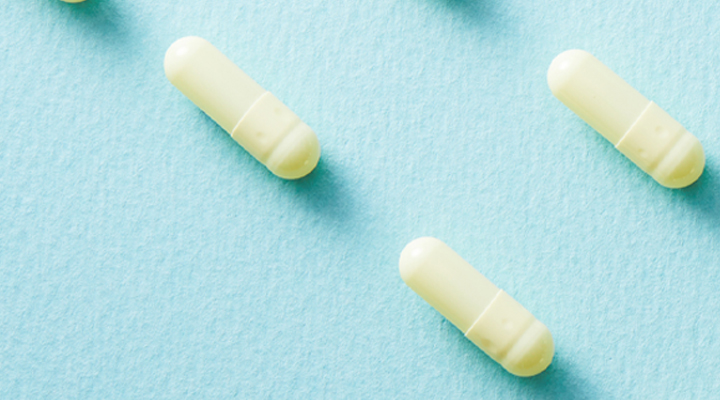[Abstract]
Cudrania tricuspidata has been used as an East Asian folk remedy to treat various symptoms. Recently, scientific evidence of the efficacy of C. tricuspidata has emerged. The objective of this study was to elucidate protective role of C. tricuspidata in the gastric mucosa using pylorus-ligated Sprague-Dawley rats and primary parietal cells. C. tricuspidata ethanol extracts attenuated gastric mucosal damage, secretion, and juice acidity in pylorus-ligated rats; however, it did not affect expression of gastric acid-related genes [muscarinic acetylcholine receptor M3 receptor (M3R), histamine H2-receptors (H2R), and cholecystokinin-2/gastrin receptors (CCK2R)] or serum gastrin concentrations. Furthermore, extracts greatly reduced levels of gastric cyclic adenosine monophosphate (cAMP) and significantly increased mRNA levels of gastric-type mucins (MUC5AC and MUC6). To identify the mode of action of C. tricuspidata extract in regulating gastric acid secretion, intracellular cAMP and mRNA for H2R, M3R, and CCK2R were measured in primary parietal cells. mRNA levels of H2R, M3R, and CCK2R did not significantly differ following treatment with C. tricuspidata extract, whereas cAMP induced by the H2R-specific agonist was significantly decreased. C. tricuspidata may therefore reduce gastric acid secretion by inhibiting H2R activity rather than regulating mRNA expression. These finding suggest that ethanol extracts of C. tricuspidata inhibit H2R-related gastric acid secretion and increase gastric mucus to help prevent gastric mucosal damage. Therefore, C. tricuspidata extract has potential to be used in foods and medicines to prevent diseases related to gastric mucosal damage, such as gastritis and functional dyspepsia.




















